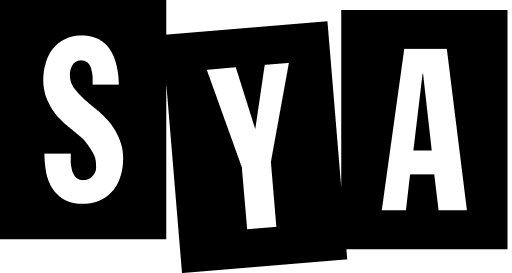I was born three years after Roe v. Wade secured abortion as a legal right in the United States. And I was raised by a Catholic anti-abortion mother who instilled in me the idea that any form of contraception was interference with God’s will. So it’s no surprise that when I arrived at university as an 18-year-old with little exposure to the world of ideas beyond public high school in the small New England town where I grew up, I identified as “pro-life.” By the end of that first year of college, I had learned more about the issue through conversations with peers who challenged my thinking.
By sophomore year I identified as “pro-choice” politically. My view had shifted to support the legal right of all women to make the reproductive choices that are right for them. Yet, because I had been so brainwashed by The Catholic Church and my anti-abortion mother for the first two decades of my life, the psychological baggage that accompanied those views was not easy to put down. Personally, I was not sure what I would do if I became pregnant before I was financially independent. And that’s really the point, isn’t it? We never really know what we will do in a situation until we are in it.
When I was 26, I experienced an unintended pregnancy. I was neither financially stable nor in a relationship that was ready to raise a child. My partner (who is now my husband) was a long way away from being ready for marriage, never mind parenthood. I was a social worker, and he was an entry-level museum curator with dreams of becoming a history professor. We were living paycheck to paycheck. Abortion was no longer an abstract notion of some other person’s choice to make. It was my choice. For me, it was a difficult decision. For lots of reasons I chose to have an abortion. It was both the right decision and a loss. I experienced a period of grief for what might have been. At the same time, I never had any doubt that it was the right choice for me at that time in my life. I did not second guess myself. And I have never regretted my decision. I know that I wasn’t ready to be a mother in my twenties. I am now 45 and have an 8-year-old-son.
When I reflect on what I went through what I want people to understand is that it wasn’t my “plan” to have an abortion. For me, abortion is the least desirable of all the contraceptive options. The condom came off. The “Plan B” pill did not work for me. Shit happens. Of all the people I’ve met who’ve had abortions, I’ve never met a single one who “wanted” to have an abortion. In fact, the overwhelming majority (from my friend who had an abortion at age 13 to close family members , to peers in my professional and activist circles) have experienced a significant amount of emotional pain over making the decision. This does NOT mean we regret our decisions.
Abortion must be safe, legal, and accessible to all women. Period. That’s only part of the work we need to do as a society. Another part of the work we need to do is destigmatizing abortion in our culture. Why, for instance, is it still so taboo to admit to having an abortion? As Uma Thurman recently shared in The Washington Post, her abortion was a “dark secret” until now. We must create safe spaces for those of us who have had abortions to process our experiences and share those experiences with others. Otherwise, our silence will be wind at the backs of abortion opponents. And so in the spirit of “Me Too” I join Uma Thurman, Gloria Steinem, Rebecca Walker, and everyone here in coming out of the closet. I had an abortion. And I am not ashamed.
